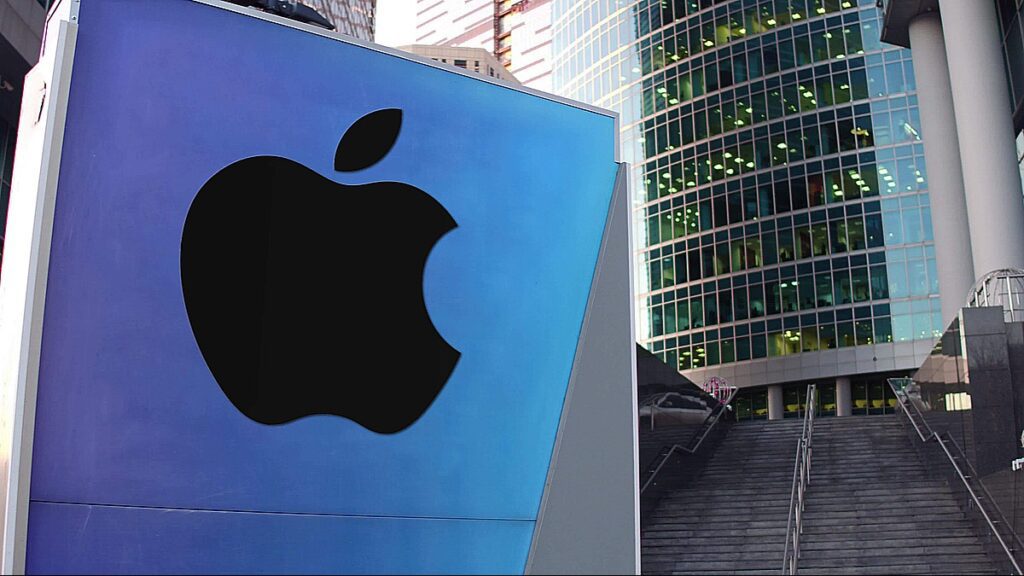
In its latest attempt to skip a shareholder proposal, the U.S. Securities and Exchange Commission (SEC) refused Apple’s request by asking the giant to deliver the utmost transparency in its attempts to maintain that forced labor is not a part of its supply chain.
Earlier this year, a group of shareholders asked to be kept in the loop regarding the tech giant’s policies and approaches in securing workers’ well-being in its supply chain and not indulging in any behavior associated with forced labor.
On Wednesday, Reuters uncovered a letter from the SEC highlighting how regulators refused the iPhone parent’s tactic to block the shareholders’ proposal, stating that “it does not appear that the essential objectives of the proposal have been implemented” so far.
This means that Apple will be facing a vote at its annual shareholder meeting next year to put the proposal into action.
When contacted by Reuters, Apple did not immediately comment on the matter.
Last week, American lawmakers passed a bill prohibiting any importation from the Xinjiang region in China due to allegations of forced labor by some of the biggest companies, including tech firms.
“There’s rightfully growing concern at all levels of government about the concentration camp-like conditions for Uyghurs and other Turkic Muslims living under Chinese government rule,” said Vicky Wyatt in a statement on Wednesday.
Wyatt is the campaign director for SumOfUs, advocating the shareholders’ proposal.
This is not the first time Apple has submitted a request to the SEC to skip a shareholder proposal. The giant has a habit of routinely requesting from the Commission to skip shareholders’ proposals, and in most cases, its wishes are granted.
This time though, the SEC refused not just one request but of the iOS developer’s demands. The oversight agency denied a request to skip another shareholder proposal that could grant investors additional knowledge about the giant’s non-disclosure agreements (NDA) usage.